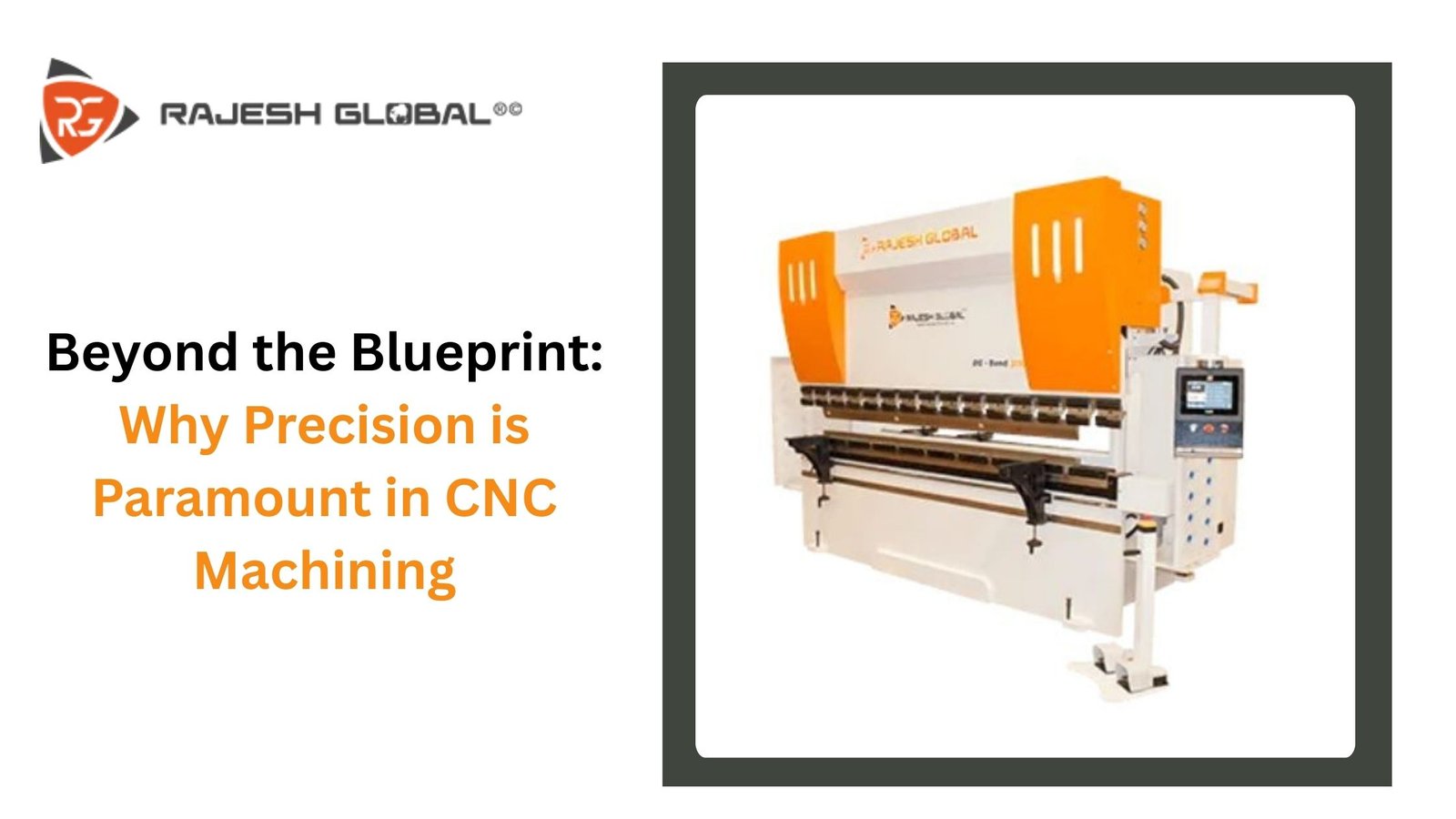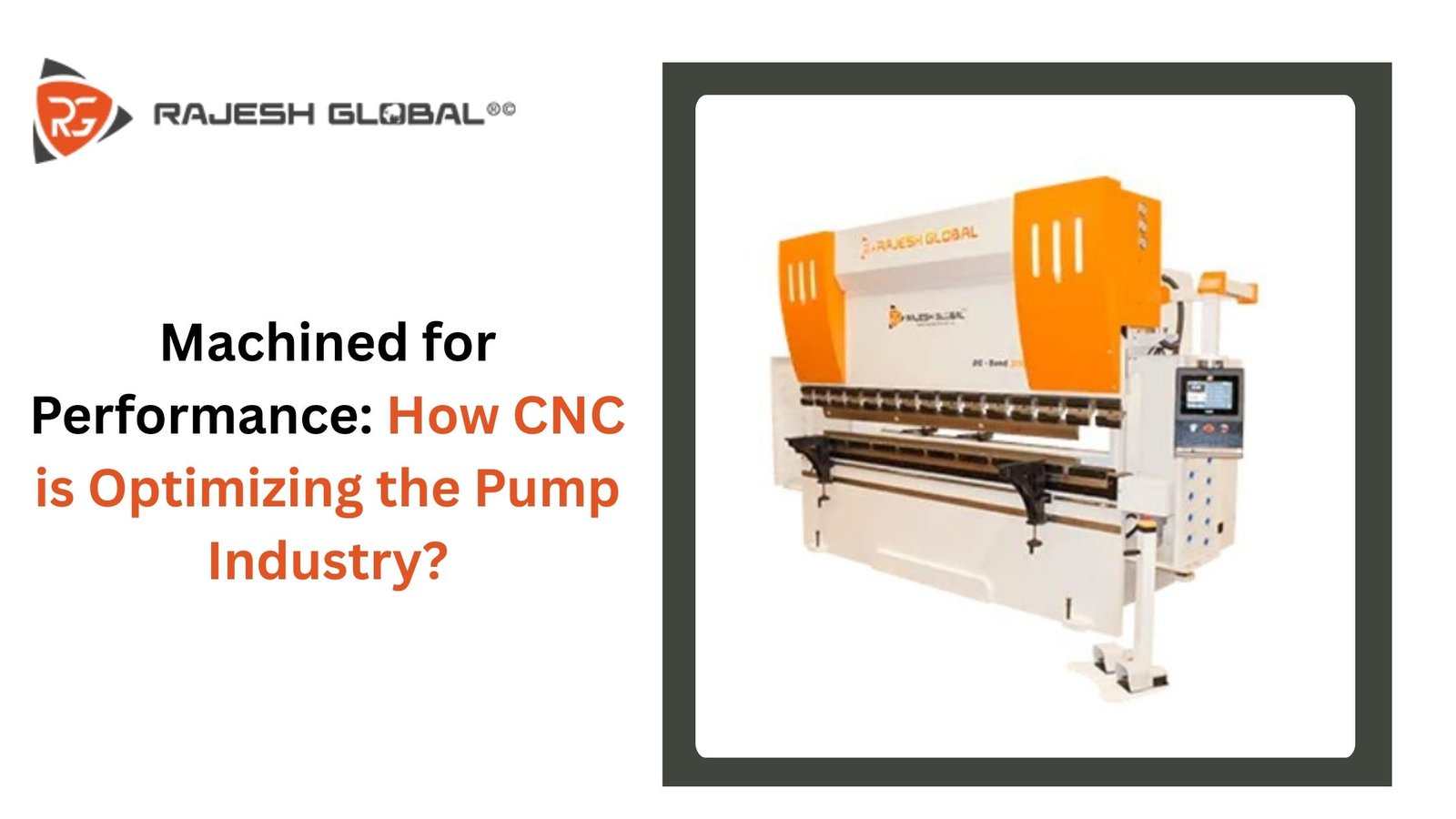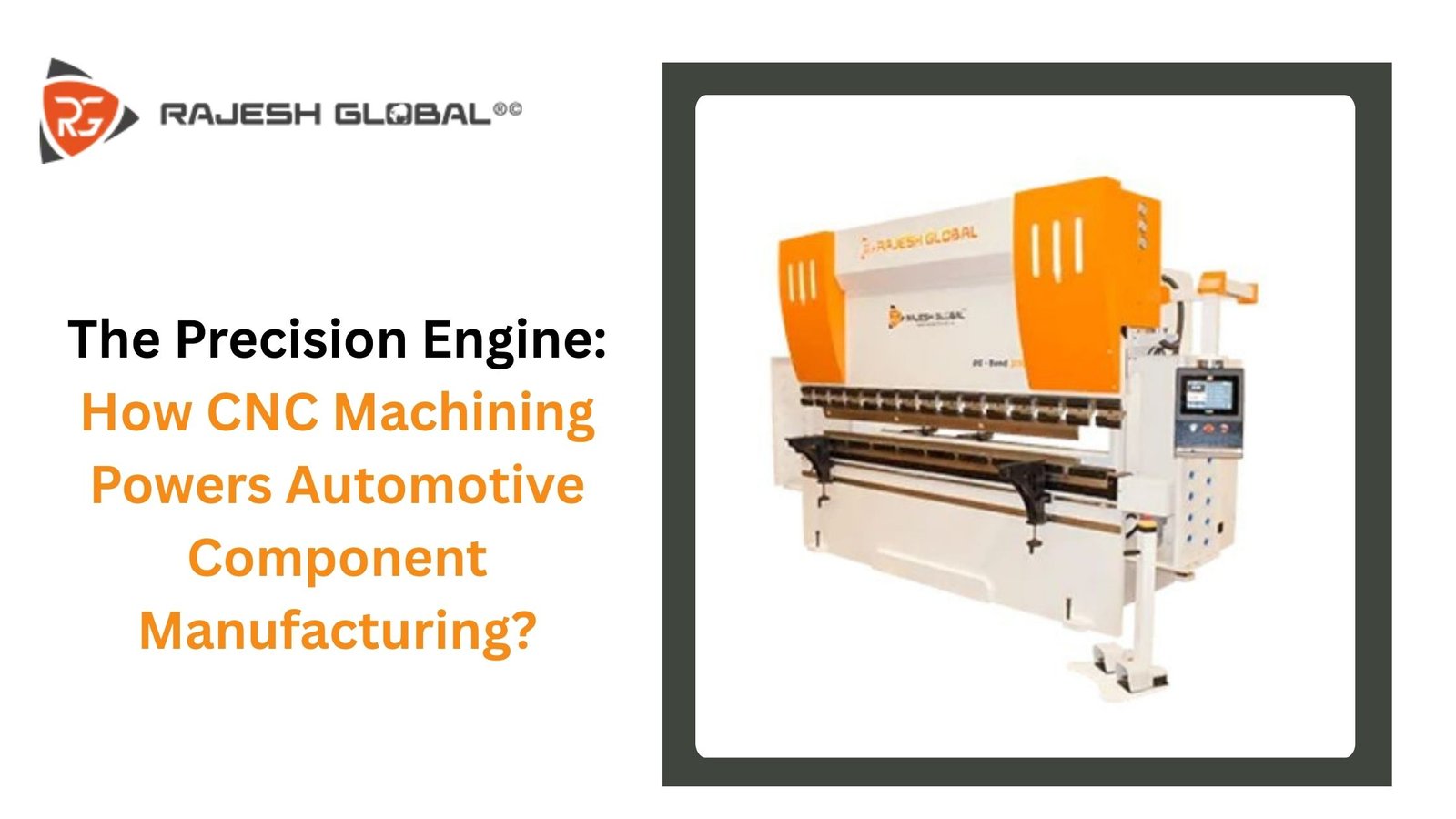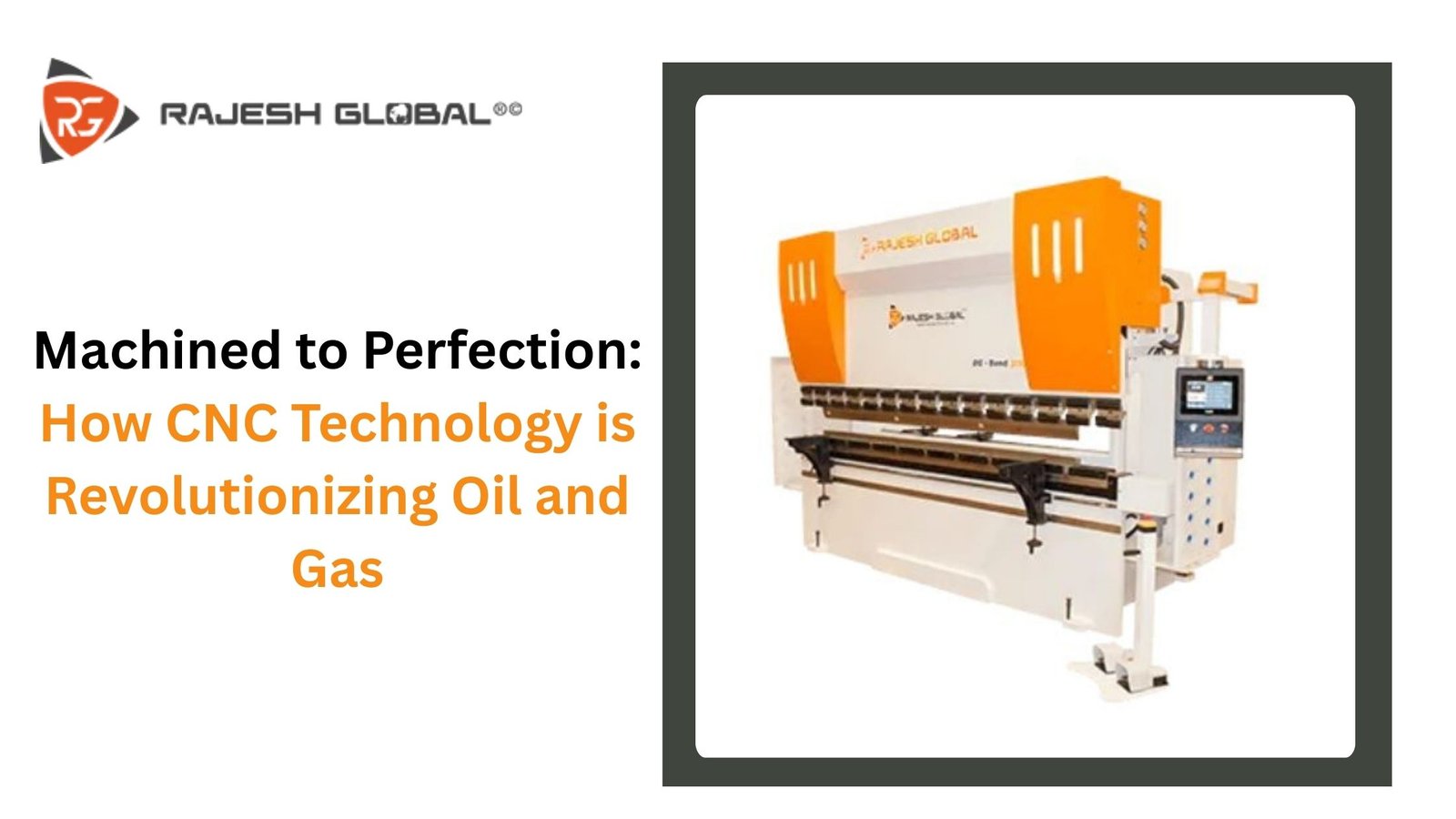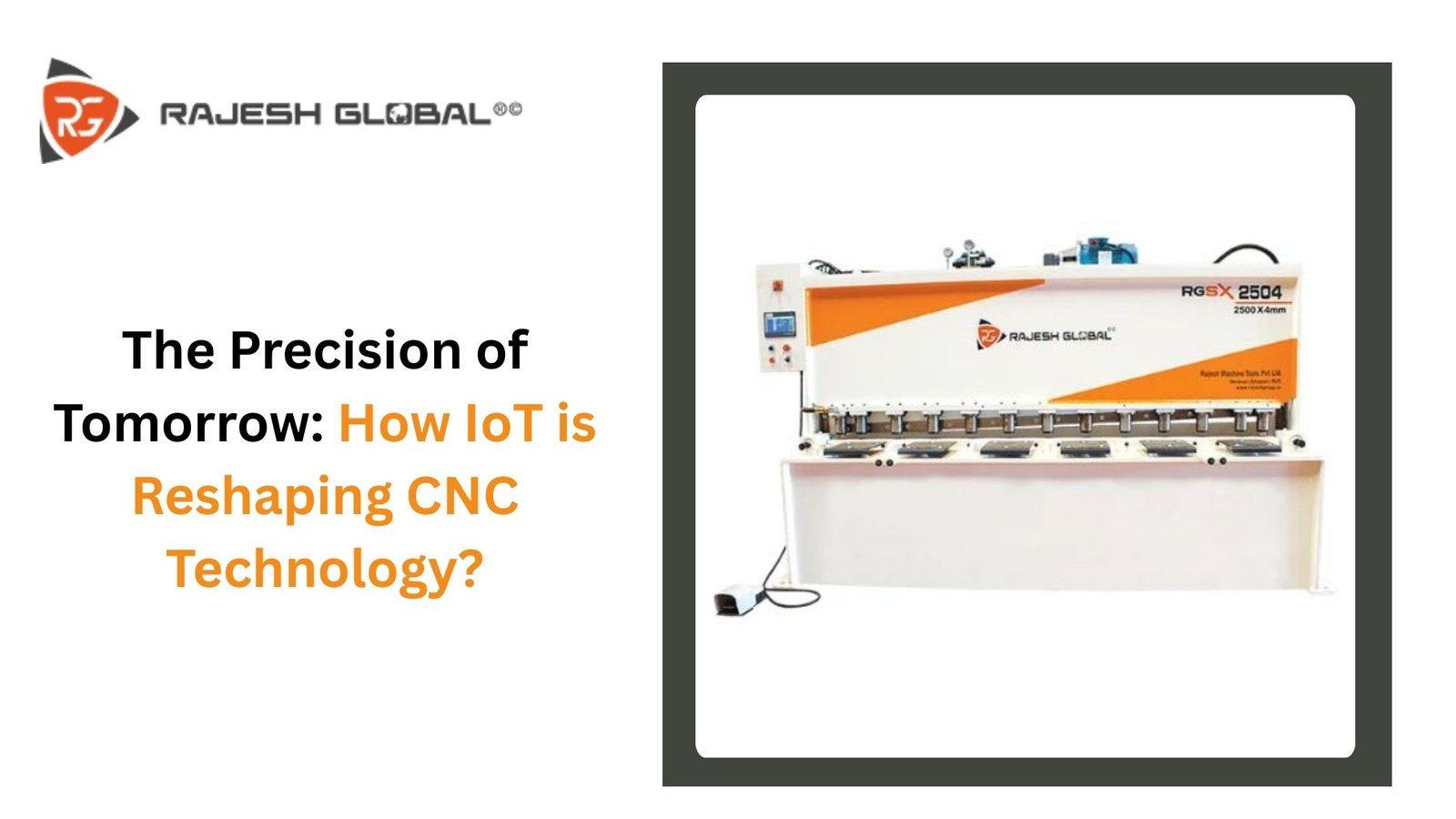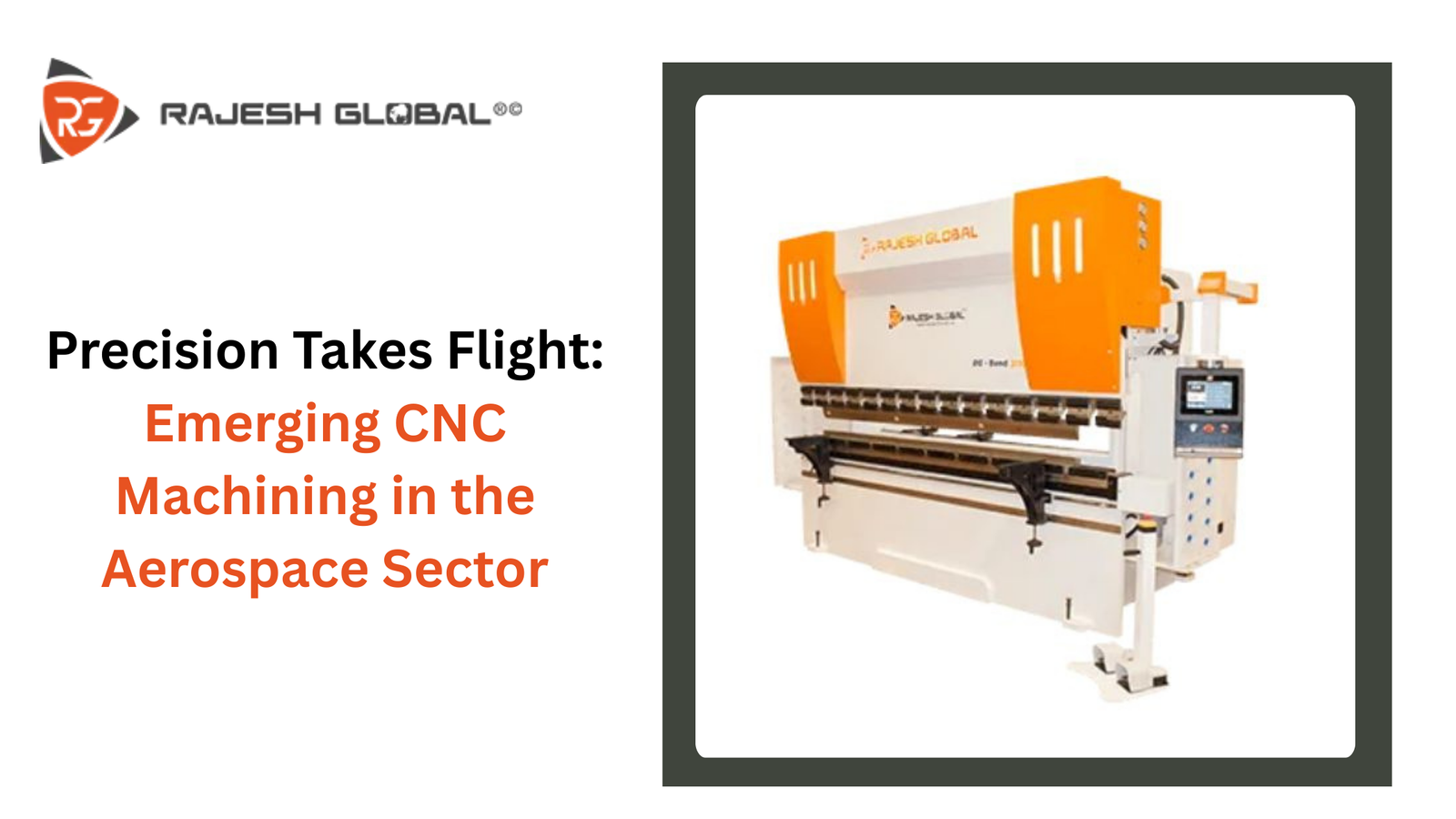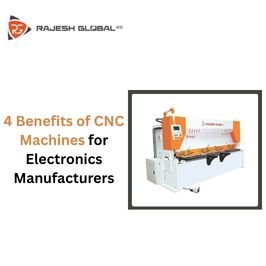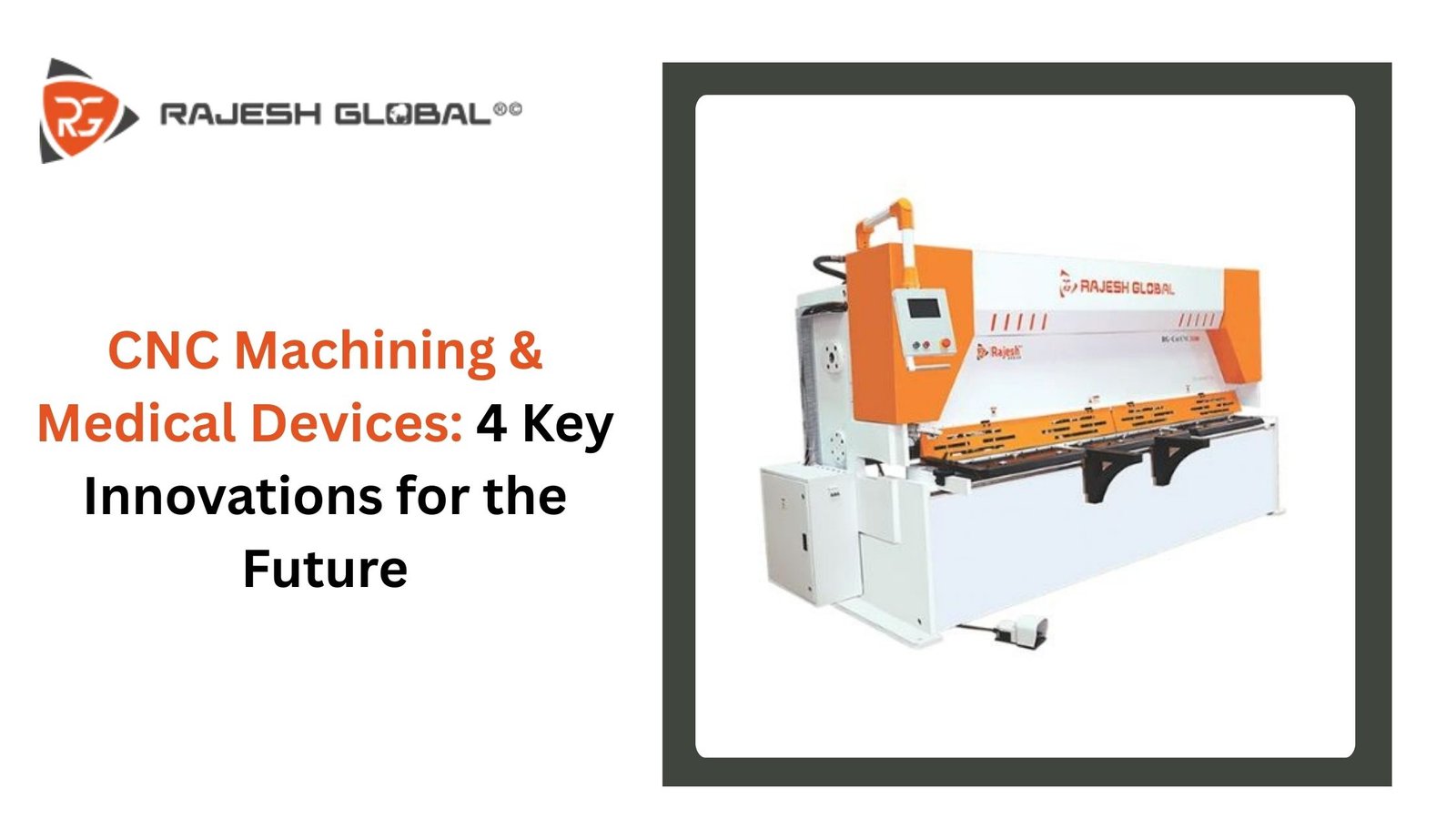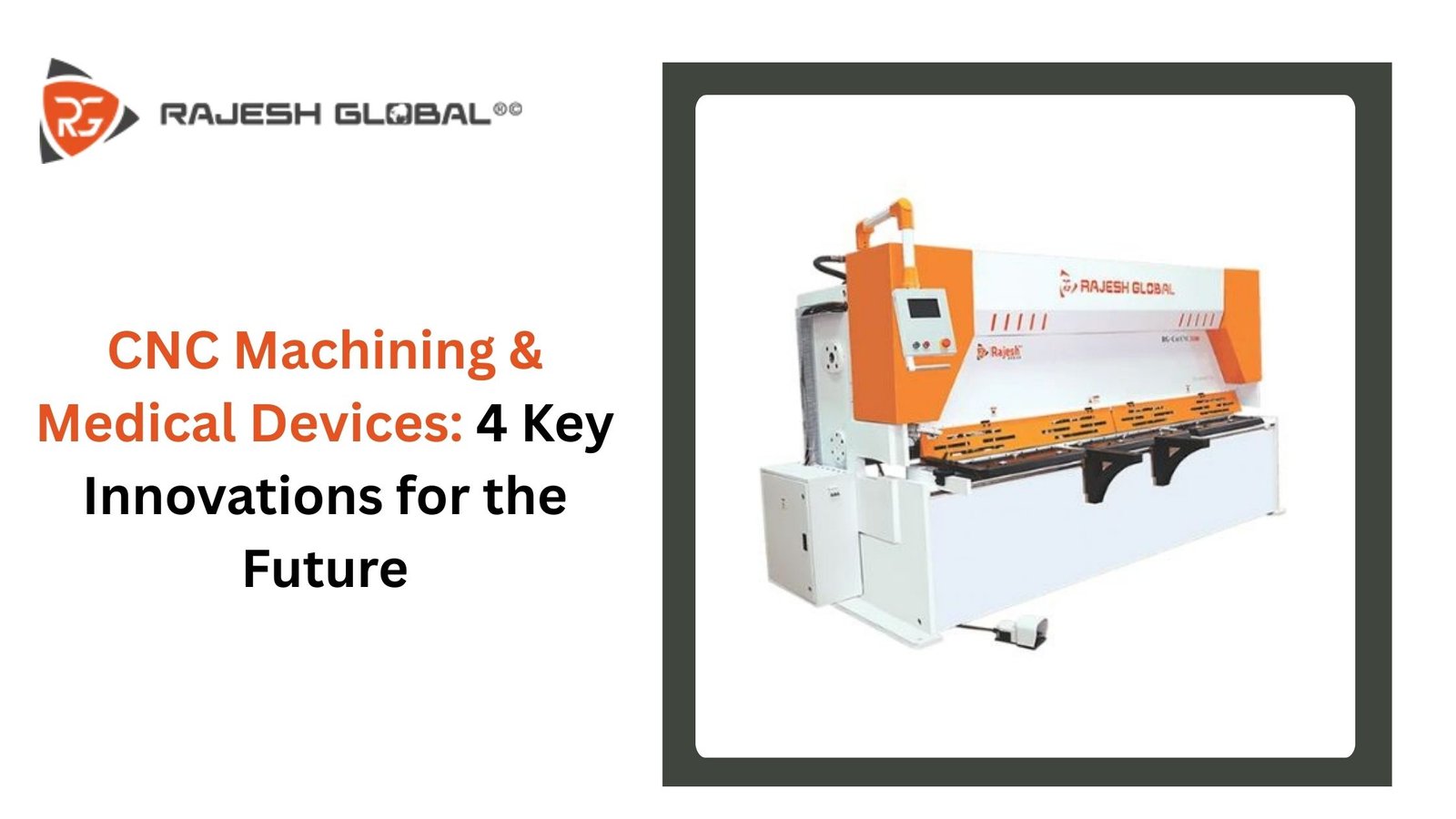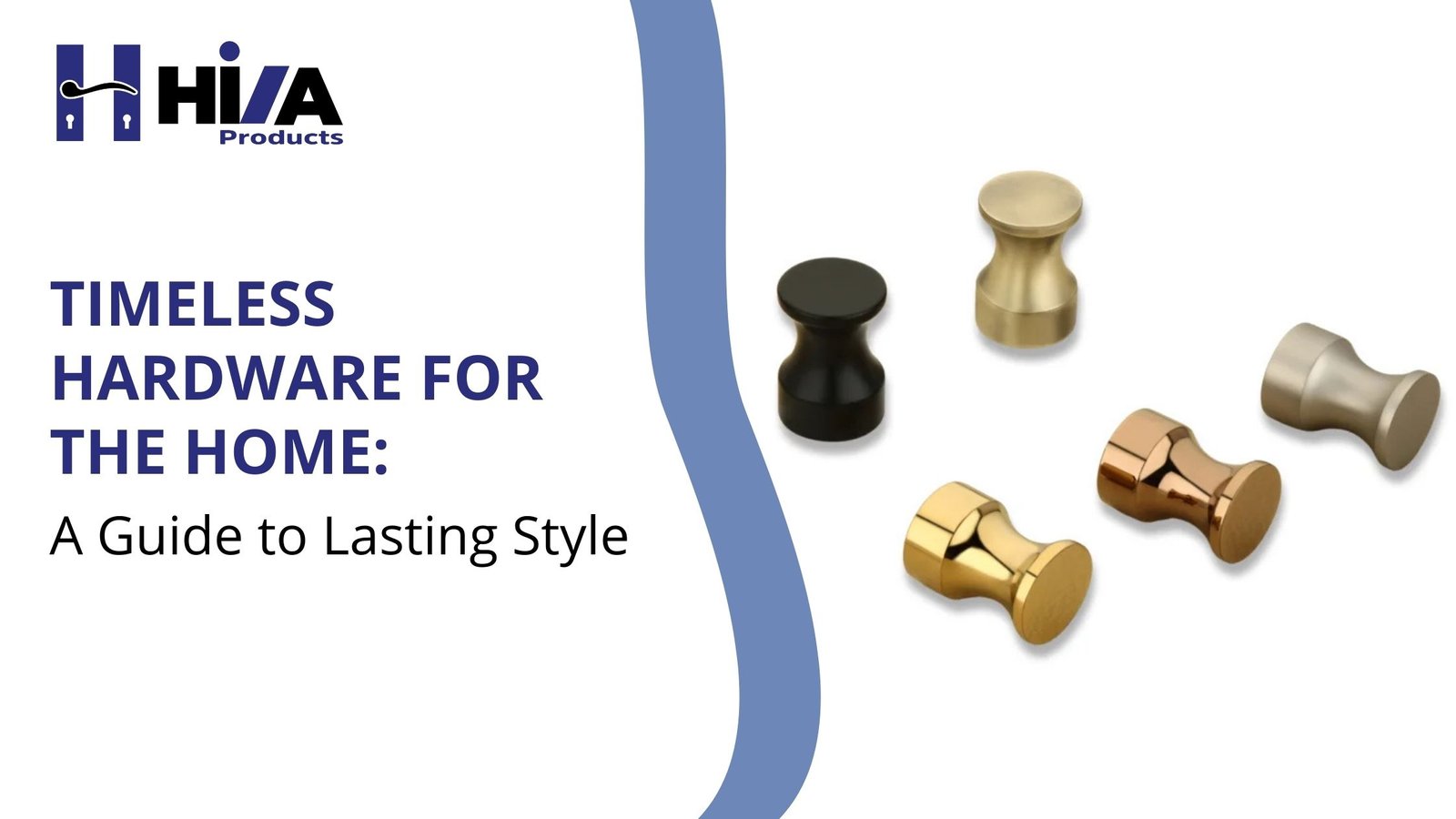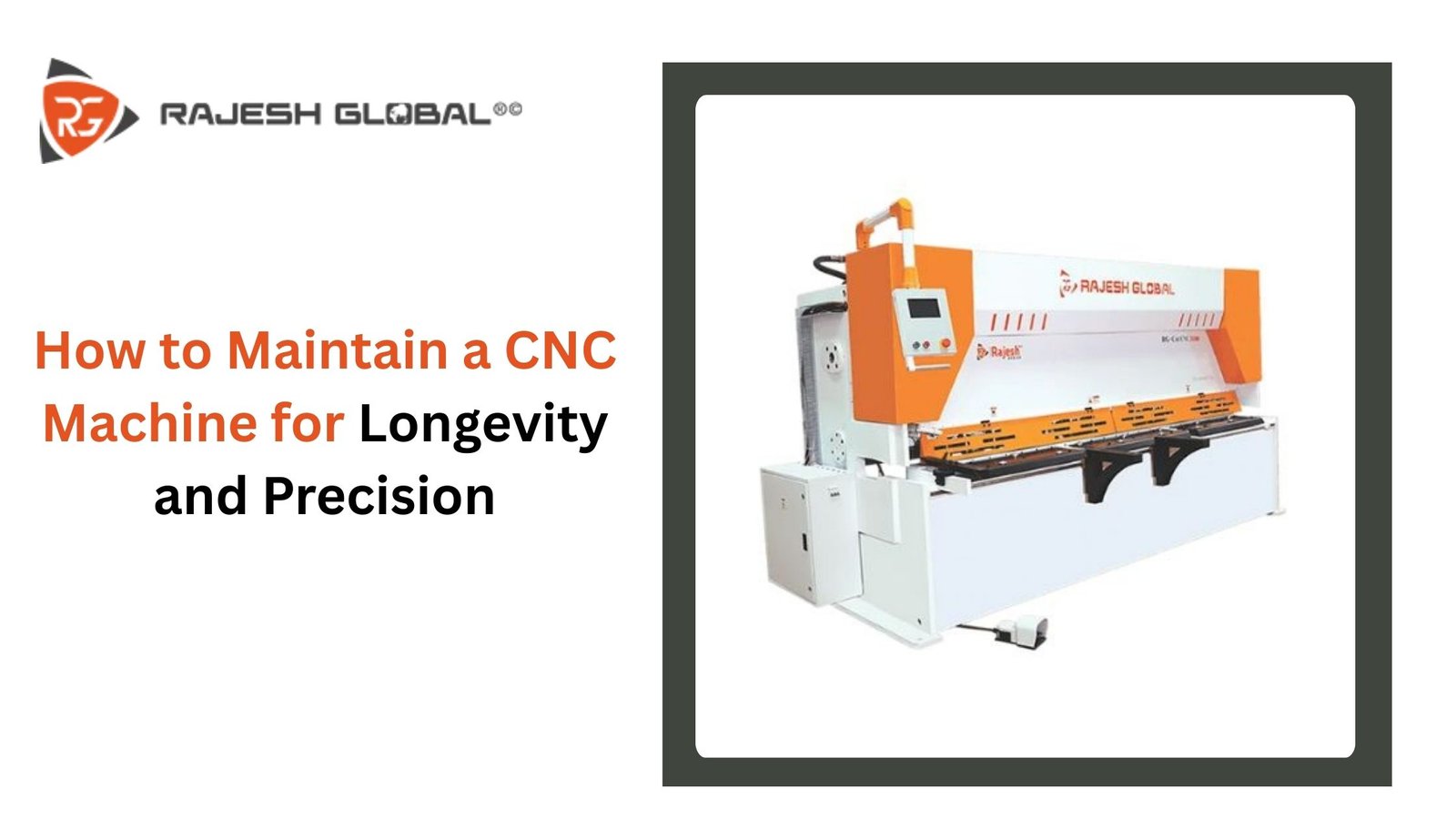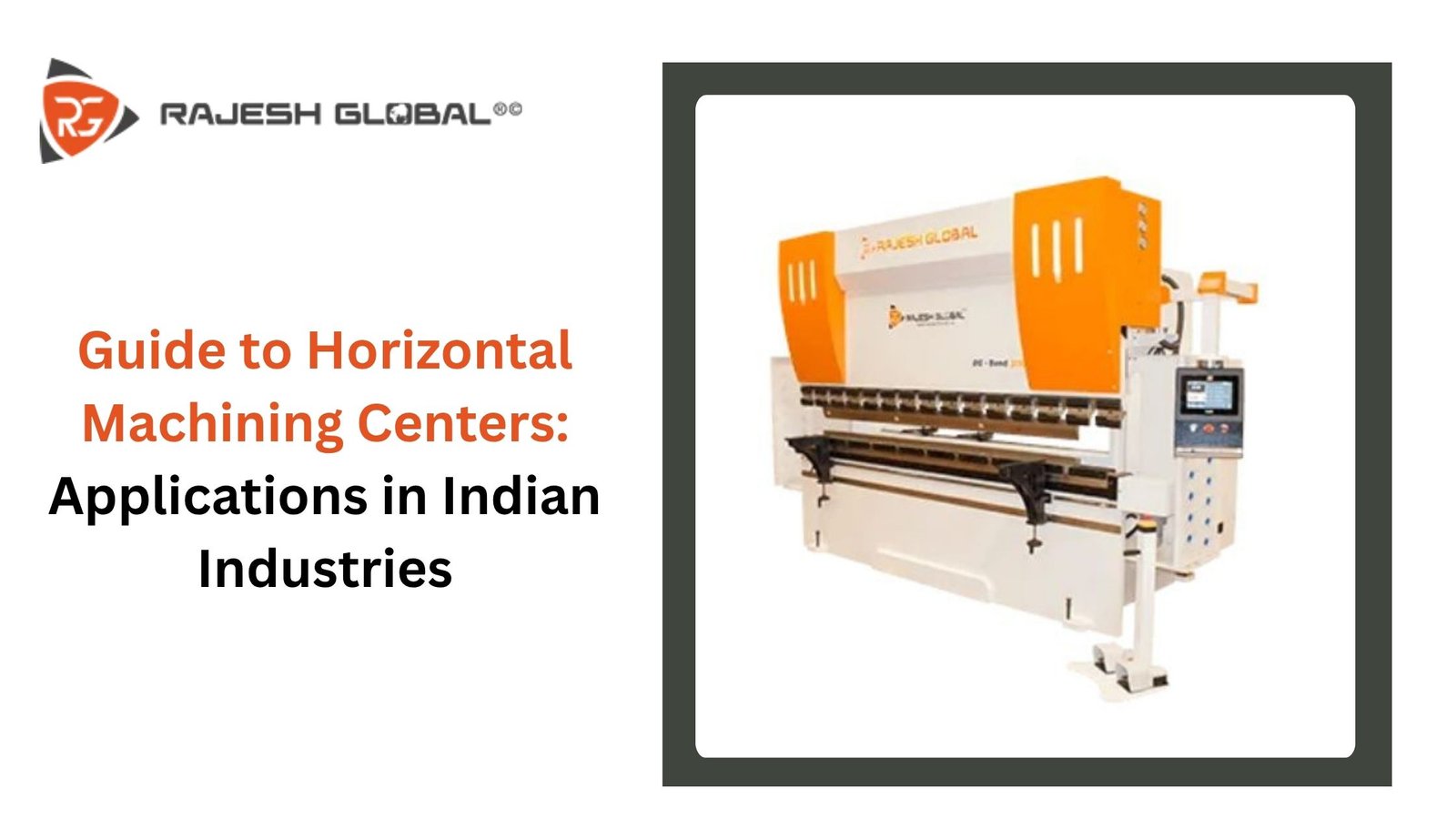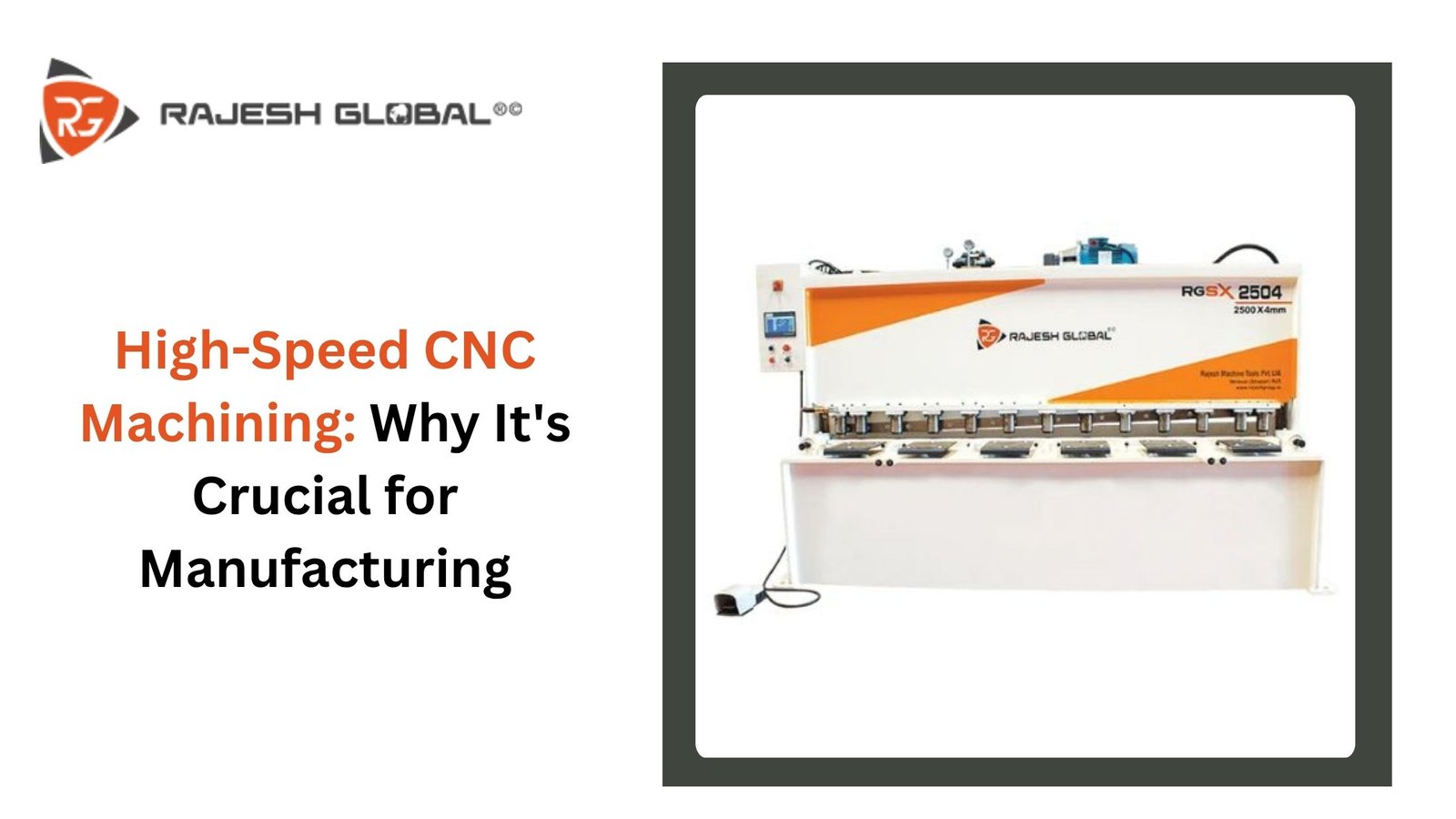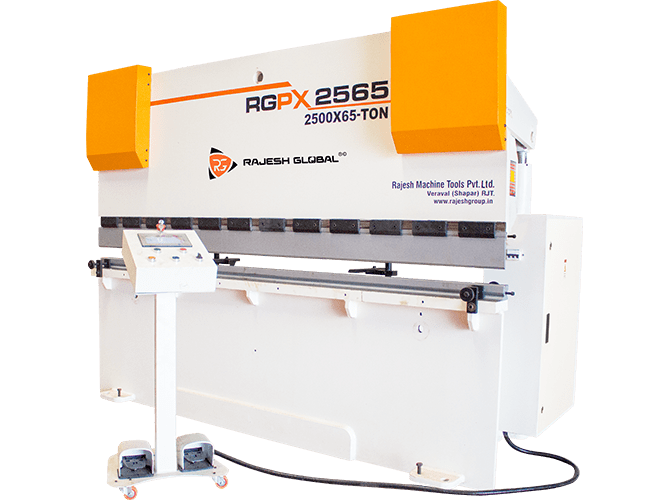Precision is not a luxury in automotive manufacturing—it is the decisive factor that separates market leaders from the rest. As vehicles become more complex, with tighter emission norms, stricter safety standards, and evolving consumer expectations, the demand for flawlessly crafted engine parts, transmission components, and electronic systems grows stronger. At the heart of this revolution is CNC (Computer Numerical Control) machining, a technology that empowers manufacturers to achieve unprecedented levels of accuracy, efficiency, and reliability. For Rajesh Machine Tools, precision isn’t just a promise—it’s a standard delivered with every CNC machine.
Why Precision in CNC Machining is Essential for the Automotive Industry?
Precision forms the backbone of automotive CNC part production. A deviation as small as 0.01 mm in engine block boring or transmission gear shaping can spell disaster on the assembly line, triggering recalls or jeopardizing safety. CNC machining offers micron-level tolerances, enabling parts to meet rigorous industry standards for performance and interchangeability. According to sector analyses, defects from inadequate precision can increase scrap rates by up to 8% and inflict major costs on warranty claims and customer satisfaction.
Zinger: “In the world of automotive manufacturing, every micron counts—the road to excellence is paved with precision.”
1. High-Tolerance Machining: Raising the Bar for Automotive Parts
The automotive sector relies heavily on high-tolerance machining to ensure each component fits seamlessly within complex assemblies. Whether it’s cylinder heads, camshafts, or turbocharger housings, CNC milling and turning deliver components to the tightest specifications. Tier-1 suppliers and global automakers demand this consistency, as even minor inaccuracies can result in engine inefficiencies, leaks, or excessive wear.
For example, a European automaker credits advanced CNC systems for reducing engine block rejection rates by 40%, highlighting the real-world value of high-tolerance machining. At Rajesh Machine Tools, machines are engineered to deliver this exacting standard for every client, regardless of batch size.
2. Micro-Machining: Enabling Smart, Compact Automotive Systems
With the rise of electric vehicles and advanced driver-assistance systems (ADAS), automotive engineering is getting smaller and smarter. Micro-machining with CNC technology enables the production of tiny gears, connectors, and sensor housings—down to the micron—required in modern vehicles. Automotive manufacturers harness micro-machining to fabricate circuit boards, battery trays, and lightweight structural parts for e-mobility, helping meet both space and weight requirements without sacrificing quality.
Fact: “The latest CNC micromachining centers can achieve tolerances as fine as 2-5 microns, critical for next-gen, high-density vehicle electronics.”
3. Tool and Die Precision: The Foundation of Repeatable Quality
Tool and die manufacturing underpins mass production in the auto industry. Dies and molds crafted by CNC machines determine the accuracy of stamped body panels, plastic modules, and metal housings. The longevity, precision, and rapid changeover capability of these tools directly affect production efficiency and surface finish. Rajesh Machine Tools designs CNC solutions with specialized routines for tool and die work, translating into longer-lasting dies and lower maintenance costs for automotive suppliers.
A survey found that optimized CNC tool paths and consistent surface finishes resulted in up to 15% longer tool life and significant downtime avoidance on the production floor.
4. Prototyping and Rapid Development: Accelerating the Product Cycle
The race for competitive advantage in automotive isn’t just about craftsmanship—it’s about speed to market. CNC machining turns digital designs into real parts in hours, not weeks. Prototyping engine brackets, suspension parts, and interior modules enables engineers to iterate fast and fix design flaws early, reducing development costs by as much as 25%. Advanced CNC programming—like 5-axis machining—enables even the most complex automotive geometries to be created quickly for functional testing or limited production runs.
5. Quality Assurance and Traceability: Guaranteeing Safety and Reliability
CNC machines are equipped with automated measurement systems and real-time quality checks, providing a digital record for every manufactured component. This traceability is vital for compliance with international automotive standards (IATF 16949, ISO 26262) and for post-sale service and recalls. Statistical process control (SPC) integrated with CNC ensures defects are caught in-process, greatly reducing the risk of faulty parts reaching the customer.
Zinger: “For every car on the road, a digital footprint exists for every part inside—a testament to the power of CNC-driven quality control.”
Beyond Precision: The Rajesh Machine Tools Advantage
Rajesh Machine Tools delivers more than CNC hardware. Our solutions combine robust build quality, intelligent controls, and IoT compatibility, allowing manufacturers to monitor, analyze, and optimize production in real time. We support auto suppliers in embracing Industry 4.0 with seamless integration and dedicated technical support.
Conclusion: Drive Your Success with CNC Precision
Precision in CNC machining is the fuel powering today’s automotive innovations—driving efficiency, safety, and customer satisfaction. For OEMs and suppliers aiming to exceed industry expectations, partnering with Rajesh Machine Tools ensures access to the latest in high-tolerance, automation-ready CNC solutions. When every component matters, choose a partner who puts precision at the center of your journey.Accelerate your path to automotive manufacturing excellence—explore Rajesh Machine Tools precision CNC solutions today.

